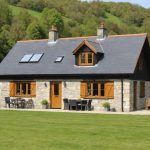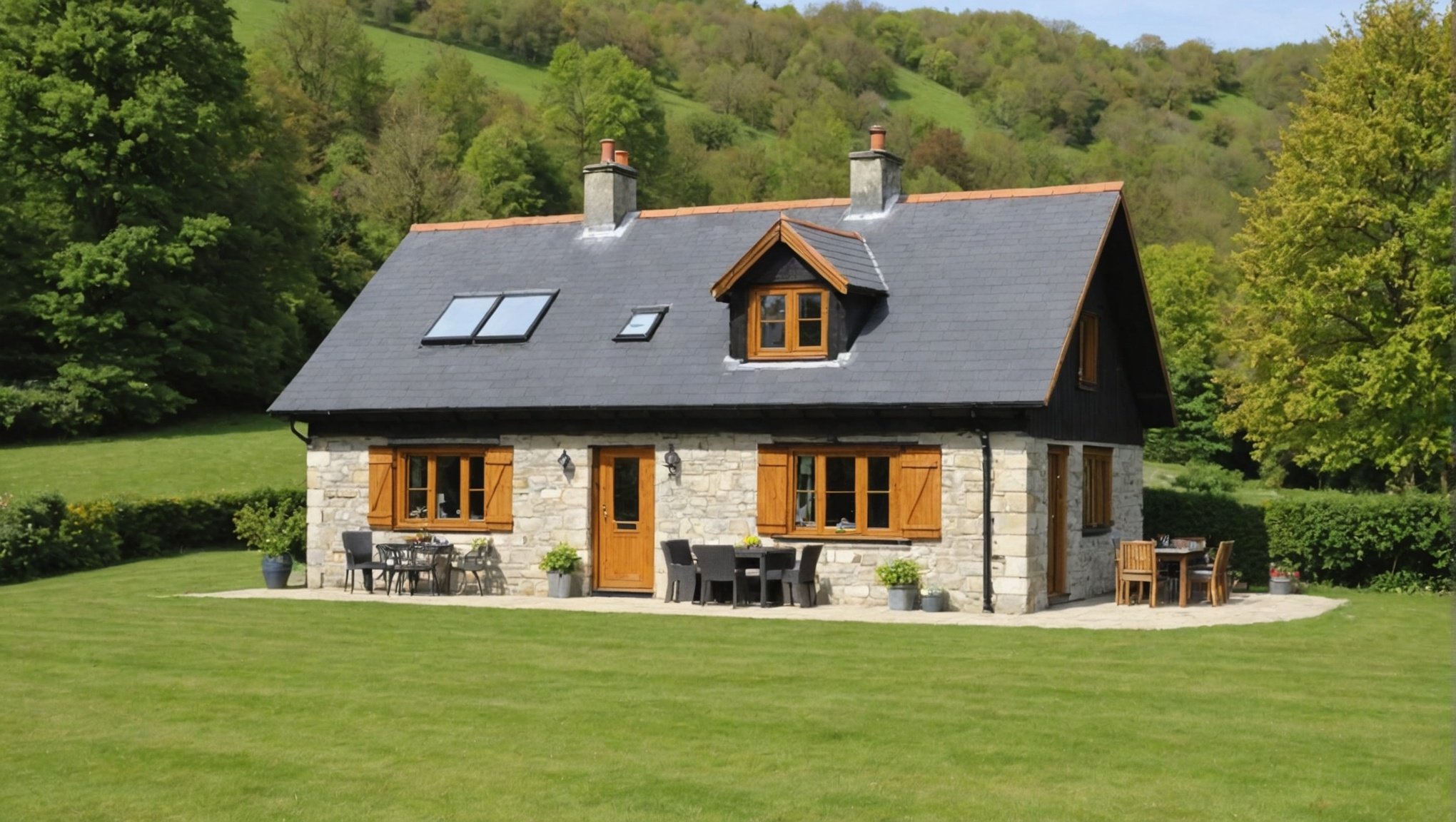Choosing the right heating system for your countryside cottage in Yorkshire is a crucial decision that affects your comfort, energy bills, and environmental footprint. With a plethora of options available, from traditional gas boilers to modern heat pumps, making an informed choice can feel overwhelming. In this article, we’ll guide you through various heating system choices, outlining why each might be suited for your rural home, taking into account Yorkshire’s unique geography and climate.
Understanding Heat Pumps: The Modern Solution
When it comes to heating systems, heat pumps are gaining immense popularity, especially in regions like Yorkshire. Heat pumps work by extracting heat from a source—be it air, ground, or water—and amplifying it to provide consistent warmth to your home. Unlike traditional systems that generate heat, heat pumps transfer it, making them highly energy efficient.
Sujet a lire : How to assess the energy efficiency of a property before purchasing in Scotland?
Air Source Heat Pumps
Air source heat pumps (ASHPs) are one of the most accessible types of heat pumps. They extract heat from the outside air, even in low temperatures, and convert it into usable heat for your home.
In rural Yorkshire, where properties often have ample outdoor space, ASHPs can be an excellent fit. They are relatively easy to install and can be paired with existing radiators or underfloor heating systems.
A lire aussi : What are the steps for obtaining planning permission for a barn conversion in rural Norfolk?
However, the efficiency of air source heat pumps can diminish during extremely cold weather. Yorkshire’s winters can be quite harsh, so it’s wise to consider supplementary heating solutions, such as a central heating system, to ensure consistent comfort.
Ground Source Heat Pumps
Ground source heat pumps (GSHPs) extract heat from the ground. They require a series of pipes buried in the ground, often called a ground loop. This loop absorbs geothermal heat, which the heat pump then uses to warm your home.
Given Yorkshire’s varied landscape – from the rolling Yorkshire Dales to the rugged York Moors – a ground source heat pump can be a sustainable choice. However, GSHPs require significant upfront investment and ample outdoor space for the ground loop installation. For historic buildings or properties with limited land, this might be a less feasible option.
Water Source Heat Pumps
Water source heat pumps function similarly to both air and ground source heat pumps but extract heat from water bodies. If your property is near a river, lake, or large pond, a water source heat pump can be an energy-efficient option.
In North Yorkshire, where many cottages are located near water bodies, this could be an ideal choice. However, installing these systems requires specific permissions and can be more complex. Always consult with a professional to assess feasibility.
Traditional Heating Systems: Are They Still Viable?
While modern heat pumps offer numerous benefits, traditional heating systems like gas boilers are still widely used in Yorkshire cottages.
Gas Boilers
Gas boilers have been the mainstay of British homes for decades. They are reliable, efficient, and capable of providing high heating outputs. Gas boilers can be integrated into existing central heating systems, making them a convenient choice for many rural homes.
In Yorkshire, where gas supply networks are well-established, opting for a gas boiler can be practical. However, with a growing emphasis on reducing carbon footprints, gas boilers are being phased out in favor of more sustainable options. If you’re environmentally conscious, you might want to consider transitioning to a low-energy alternative.
Oil Boilers
For properties not connected to the mains gas grid, oil boilers are a common alternative. They function similarly to gas boilers but use oil stored in external tanks.
In remote Yorkshire areas where gas infrastructure is limited, oil boilers can provide reliable heating. Yet, they come with their own set of challenges, such as fluctuating oil prices and the need for regular oil deliveries. Additionally, oil boilers are less energy-efficient and have a higher carbon footprint compared to heat pumps.
The Role of Underfloor Heating in Countryside Cottages
Underfloor heating systems are gaining popularity in modern homes, but are they suitable for a countryside cottage? The answer largely depends on your specific needs and the type of building you have.
Benefits of Underfloor Heating
Underfloor heating provides consistent, even warmth and can be more energy-efficient than traditional radiators. It works well with both air and ground source heat pumps, making it a complementary choice for those looking to invest in a low energy heating solution.
Installation Considerations
For new builds or extensive renovations, installing underfloor heating can be relatively straightforward. However, in historic buildings or cottages with existing structures, the installation can be more complex and potentially disruptive. The floors may need to be lifted, and additional insulation may be required to ensure the system’s efficiency.
Compatibility with Historic Buildings
Yorkshire is rich in historic properties, from quaint cottages to grand manors. When considering underfloor heating for these buildings, it’s crucial to balance modern comfort with the preservation of original features. Consult with a specialist who understands the nuances of heating historic buildings to find a solution that meets both needs.
Energy Efficiency and Environmental Impact
In today’s world, energy efficiency is more important than ever. The right heating system can significantly reduce your environmental footprint and save you money on energy bills.
Heat Pumps and Energy Efficiency
Heat pumps are renowned for their energy efficiency. By transferring heat rather than generating it, they can achieve efficiencies of 300-400%. This means for every unit of electricity consumed, they can produce 3-4 units of heat, making them an attractive option for environmentally conscious homeowners.
Insulation and Heat Loss
Regardless of the heating system you choose, proper insulation is essential. In older Yorkshire cottages, heat loss can be a significant issue. Ensuring your property is well-insulated will maximize the efficiency of your heating system and keep your home warm and cozy.
Renewable Energy Integration
For those looking to go a step further, integrating renewable energy sources like solar panels can complement your heating system. Solar panels can generate electricity to power your heat pump, further reducing your reliance on non-renewable energy sources.
Choosing the right heating system for your countryside cottage in Yorkshire requires careful consideration of various factors, from the type of property you own to your environmental values. Heat pumps—whether air source, ground source, or water source—offer modern, energy-efficient solutions that align with today’s sustainability goals. Traditional systems like gas and oil boilers still have their place but come with higher carbon footprints and long-term costs.
For historic buildings, underfloor heating can provide modern comfort while preserving original features, although installation may be challenging. Regardless of your choice, ensuring good insulation and considering renewable energy sources can enhance your heating system’s efficiency.
The key is to assess your specific needs, consult with professionals, and weigh the long-term benefits. By doing so, you’ll not only ensure a warm and comfortable home but also contribute to a more sustainable future. In the picturesque landscapes of Yorkshire, your cottage deserves nothing less than the best heating solution tailored to its unique charm.











